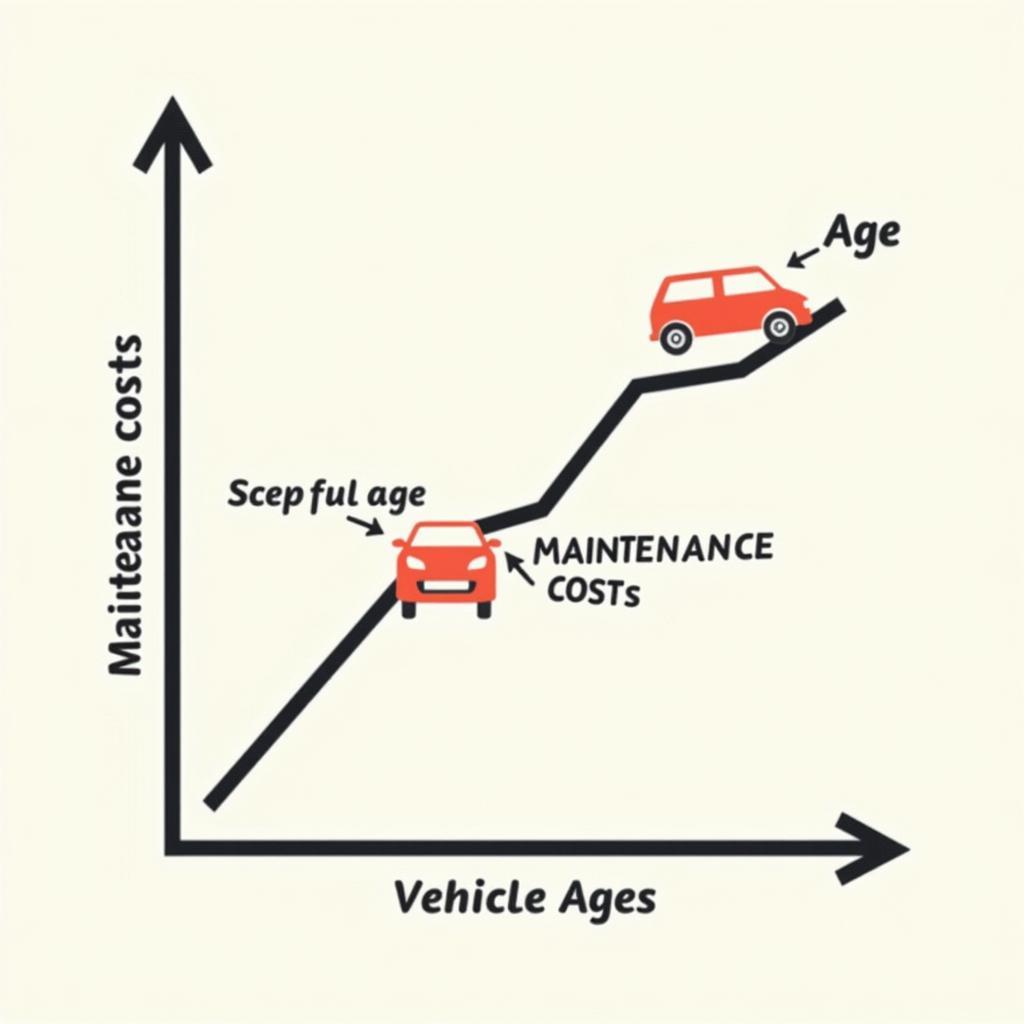Fixed Wing Critical Care Paramedics (FWCCP) play a vital role in providing advanced medical care during air transport. They are highly trained professionals who stabilize and manage critically ill or injured patients during flights, often over long distances. This guide explores the essential aspects of being an FWCCP, covering training, responsibilities, challenges, and future trends.
What is a Fixed Wing Critical Care Paramedic?
FWCCPs are paramedics with specialized training in critical care medicine specifically adapted for fixed-wing aircraft. They provide a higher level of care than traditional paramedics, often managing complex medical cases in challenging environments. These professionals possess advanced knowledge in areas like airway management, hemodynamic monitoring, and advanced cardiac life support.
Training and Certification for Fixed Wing Critical Care Paramedics
Becoming an FWCCP requires a significant commitment to education and training. It typically involves completing a paramedic program, obtaining national registry certification, and accumulating several years of experience in a critical care setting like an ICU or emergency department. Further specialized training in aviation physiology, flight safety, and critical care transport is crucial. Many programs also require certifications such as Certified Flight Paramedic (FP-C) or Critical Care Paramedic (CCP-C).
Key Skills for a Fixed Wing Critical Care Paramedic
- Advanced airway management: Including intubation, mechanical ventilation, and surgical airways.
- Hemodynamic monitoring: Understanding and interpreting data from arterial lines, central venous catheters, and pulmonary artery catheters.
- Advanced cardiac life support: Expertise in managing cardiac emergencies, including administering medications and performing advanced interventions.
- Critical care pharmacology: Deep understanding of medications used in critical care, including their indications, contraindications, and potential side effects.
- Aviation physiology: Knowledge of the physiological effects of flight on the human body, including hypoxia, barotrauma, and decompression sickness.
Responsibilities of a Fixed Wing Critical Care Paramedic
A fixed wing critical care paramedic’s responsibilities encompass a wide range of tasks, all focused on providing optimal patient care during transport. This includes:
- Pre-flight preparation: Assessing the patient’s medical condition, gathering necessary equipment, and ensuring the aircraft is appropriately equipped.
- In-flight care: Monitoring vital signs, administering medications, performing interventions, and managing any complications that may arise.
- Communication: Maintaining communication with the medical control physician and the receiving facility.
- Documentation: Thoroughly documenting the patient’s condition and the care provided during the flight.
- Post-flight duties: Debriefing with the medical team, restocking supplies, and completing necessary paperwork.
“The ability to anticipate and manage potential complications in a confined environment is paramount for an FWCCP,” explains John Smith, MD, Medical Director of Air Ambulance Services. “They need to be adaptable and resourceful in unpredictable situations.”
Challenges Faced by Fixed Wing Critical Care Paramedics
The demanding nature of the job presents several challenges:
- Limited space and resources: Working within the confined space of an aircraft requires careful planning and efficient use of resources.
- Physiological effects of flight: Changes in altitude and pressure can affect both the patient and the medical crew.
- Turbulence and other environmental factors: Unpredictable weather conditions can complicate patient care and create safety concerns.
- Long flights and fatigue: Extended flights can be physically and mentally demanding.
Future Trends in Fixed Wing Critical Care
- Technological advancements: New medical devices and monitoring systems are constantly being developed, offering improved patient care during transport.
- Increased specialization: The field of critical care is continually evolving, leading to more specialized roles within FWCCP teams.
- Growing demand: The need for FWCCPs is expected to rise with the increasing demand for air medical transport services.
Conclusion
Fixed wing critical care paramedics play a critical role in providing high-quality medical care during air transport. Their specialized training and expertise allow them to manage complex cases and stabilize critically ill or injured patients during flights. As the demand for air medical transport services continues to grow, the role of the fixed wing critical care paramedic will become even more vital. “The dedication and skill of these professionals are essential to ensuring the best possible outcomes for patients in need of critical care transport,” adds Dr. Smith. For any further assistance regarding automotive issues, connect with us at AutoTipPro at +1 (641) 206-8880. Our office is located at 500 N St Mary’s St, San Antonio, TX 78205, United States.





Leave a Reply